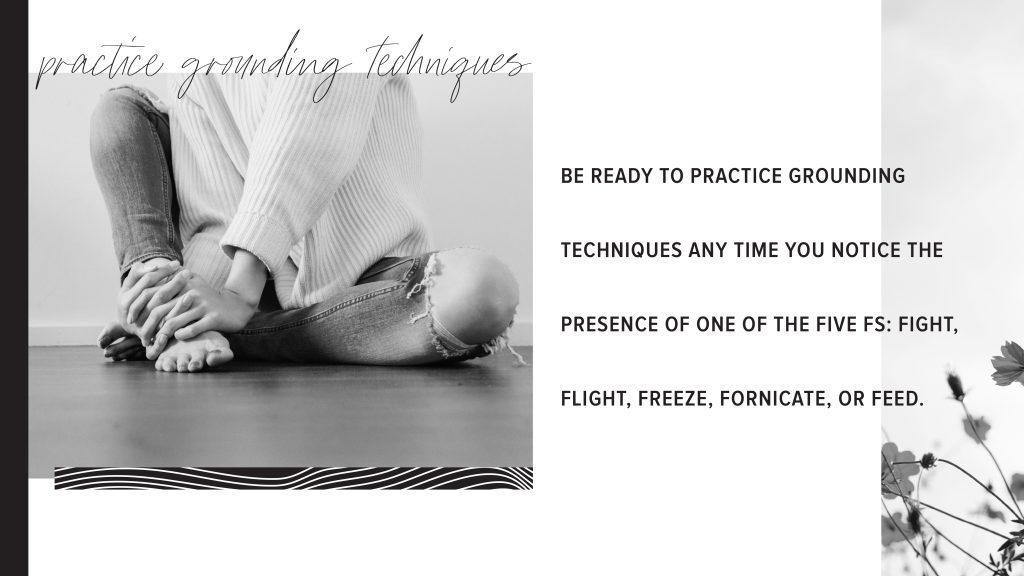Five Ways to Cope with Traumatic Stress
Marti Wibbels, MS, LMHC
Everyone experiences trauma, so it’s vital to know how to cope when it occurs. It can arrive without warning in what’s known as “Big T” trauma, crashing life with stressors like hurricanes, floods, assault, abuse, a car accident, the loss of a loved one, or a cancer diagnosis. But the cumulative impact of “little t” trauma can be just as debilitating as major traumatic events. People can feel vulnerable, hopeless, alone, or afraid, after either “Big T” trauma or an accumulation of “little t” experiences like being misunderstood, losing a job, being betrayed by a friend or co-worker, a child’s struggling in school, or making a cross-country (or cross-city) move.
What can you do when trauma impacts your life?
1. Realize you’re not defective. No one was designed to cope with trauma—the emotional equivalent of being hit with a Mac-truck. You wouldn’t question your inability to cope if a truck incapacitated you, but do you criticize yourself if you feel depressed, anxious, or ashamed after being wounded by trauma?
2. Learn to live in this moment. The human tendency is to mentally rehearse bad things that either have happened or are happening. Then our emotions get stuck in the pain rather than focusing on solutions. God promises strength for today—not for yesterday. He gives strength to the weary. And to him who has no might He increases power (Isaiah 40:29, AMP).
3. Practice grounding techniques whenever an amygdala hijacking takes you to the 5Fs of Fight, Flight, Freeze, Fornicate, or Feed to move yourself back to your prefrontal cortex (for a description of the 5Fs and of how to utilize the three forms of grounding, read Managing Anxiety.
4. Rapidly identify crippling mind ANTs (automatic negative thoughts) and replace them with healthy thoughts. Learn how by reading my article on Overcoming Depression .
5. Recognize trauma isn’t who you are! Although your stress is real, you can develop strategies every day to help you live beyond it. The workbook, Core Healing from Trauma (available on Amazon), can help you move beyond your trauma and learn to enjoy life again.
* * * * *
If you’re currently under a physician’s care for PTSD, depression, or anxiety, please don’t stop taking medication without his or her supervision. * If you’re unable to sleep at night, can’t concentrate, are isolating from friends and family, and especially if you’re considering suicide, please see a professional for help managing trauma. Numerous counselors are listed at the South Florida Association of Christian Counselors, the American Association of Christian Counselors, or at the Christian Counseling and Educational Foundation. Ask questions to make sure the therapist cares and is qualified; you’re worth getting the help you need!

© 2019 Marti Wibbels | website loved on by Agency O

